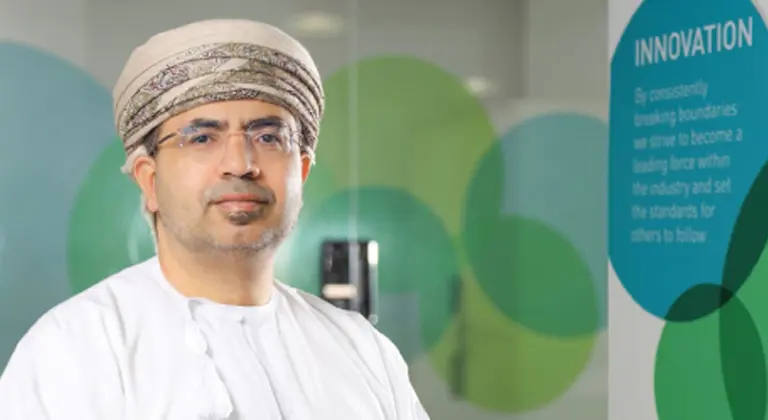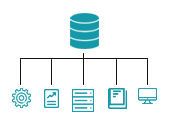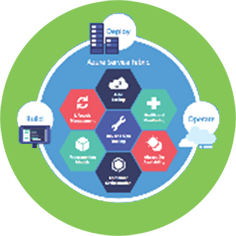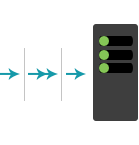MUSCAT, June 2021

Gig economy is a free market system and gig workers are independent contractors, online platform workers or temporary workers. They are usually not employed on a long-term basis by a single firm; instead, they enter into various contracts with multiple firms or individuals for which they are paid a pre-determined sum. There are other terms synonym for gig economy such as platform or freelance economy.
In order to build a robust and scalable gig economy ecosystem one needs to consider the benefits such models can bring. They will not just help reduce unemployment and contribute to the GDP of nations at macro level, but increase productivity, catalyze demands while inducing lower operational costs for companies. Both organizations and individuals can benefit from services that are agile, convenient and of the highest quality. Simultaneously, the gig workers can benefit from flexibility, increased income and better control over their lives. In the recent years, this model has become more popular due to the rapid technological advancements, the emergence of digital platforms and marketplaces offering employers easy access to gig workers.
In order to promote a gig economy, a requisite is to have a highly efficient legislative system that ensures effectiveness, integrates national capabilities coming from the educational system into the domestic labour market and creating more employment opportunities. For a gig economy to foster and thrive in Oman, certain regulatory and legislative requirements must be taken into consideration. The demand for gig services needs to be encouraged within the organizations through a culture of innovation and acceptance; and awareness and education amongst the labour force. The masses should be aligned to understand the advantages of this model, the long-term benefits, and should be trained to become global citizens by acquiring the skills of the future and skills that are accepted worldwide.
It is imperative for the government to determine the global implications of mentoring the next generations to fit in the new working norms by revisiting the current education framework, and creating regulatory strategies that resonate with the global trends, are not over enforced, and at the same time safeguard the rights of the individuals. The supply and demand cycle needs to be constantly evaluated.
A 360 degree change in mindsets, creating an incentive and reward based gig culture will help increase the productivity of individuals, and address macro issues such as unemployment and low GDP for nations. An hourly wage system and KPIs linked to bonuses have created many gig success stories so far across the globe. Oman too should encourage and adapt this model, and embrace disruption to improve the bottom lines as disruption and risks always lead to innovation and adaptability.
Other factors such as reach and accessibility of broadband internet across the whole country, especially in rural or underserved areas, secured online payment platform that incentivizes users to decrease their reliance on cash payments and cybersecurity measures to create an ecosystem of trust is a must. Addressing all these issues and the development of a robust and scalable gig economy ecosystem would allow the Sultanate to meet the future demand for gig services; and would make the economy even more sustainable and resilient.
The Data Park as an organization is continuously supporting the emergence of the gig framework by providing technological support to entrepreneurs and gigs, imparting training and mentorship, building applications and fostering the remote work model.
They have collaborated with the system integrators who have been impacted by the pandemic to channel their cloud based services. Though Oman is a relatively smaller market there is no dearth of talent and skills. It already has a strategy in place for digital transformation and ICT infrastructure as part of the Oman Vision 2040.
It is continuously improving its policies and regulatory framework to enable efficient adoption of the gig economy while also protecting the interests of the traditional operating models. There is a constant focus on building its innovation and entrepreneurship ecosystem.








































